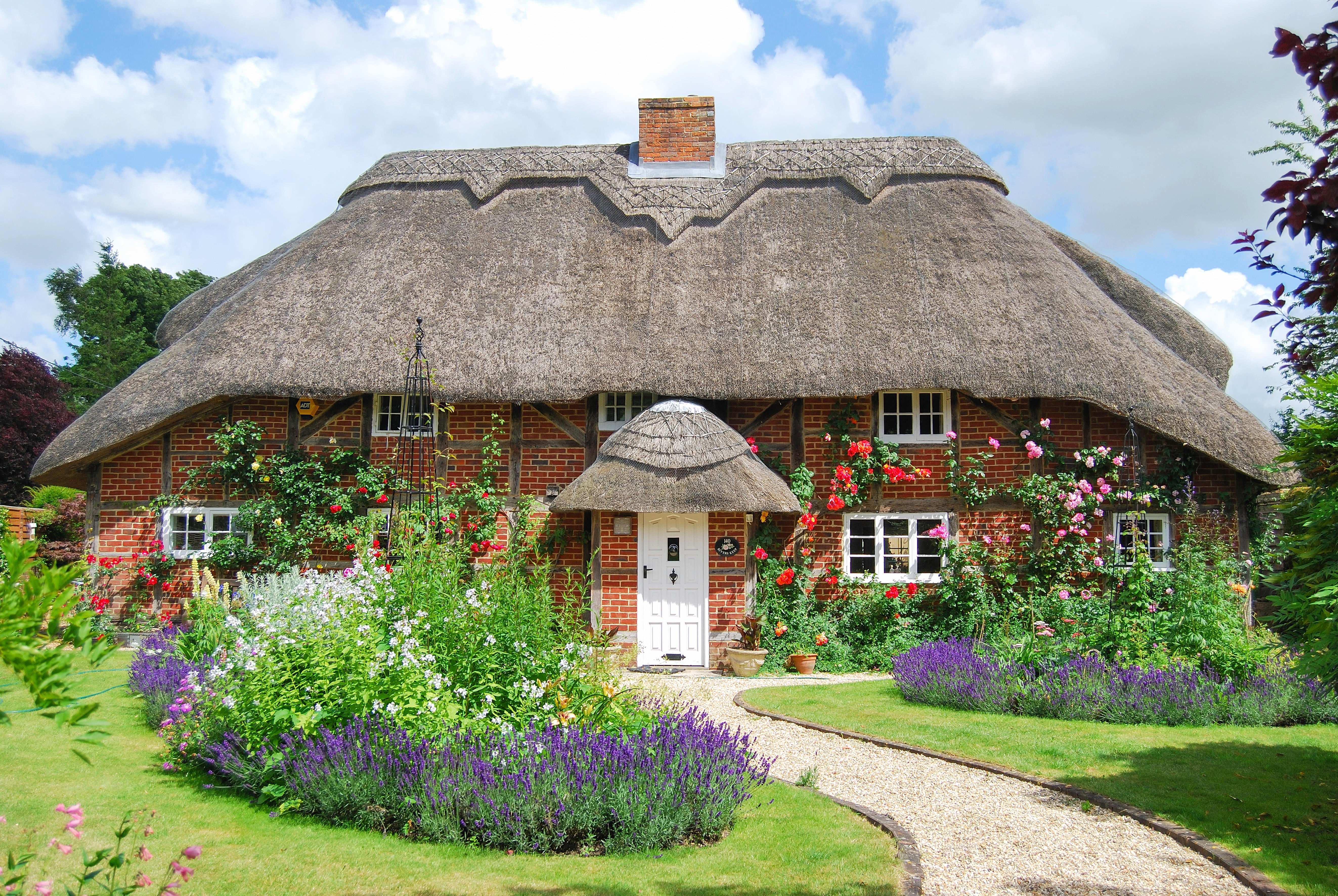Thinking about moving to the country? 17 pros and cons of rural living
Would you really be happier if you abandoned your urban existence?

Your support helps us to tell the story
From reproductive rights to climate change to Big Tech, The Independent is on the ground when the story is developing. Whether it's investigating the financials of Elon Musk's pro-Trump PAC or producing our latest documentary, 'The A Word', which shines a light on the American women fighting for reproductive rights, we know how important it is to parse out the facts from the messaging.
At such a critical moment in US history, we need reporters on the ground. Your donation allows us to keep sending journalists to speak to both sides of the story.
The Independent is trusted by Americans across the entire political spectrum. And unlike many other quality news outlets, we choose not to lock Americans out of our reporting and analysis with paywalls. We believe quality journalism should be available to everyone, paid for by those who can afford it.
Your support makes all the difference.As lifestyles have changed during the coronavirus pandemic, there’s been an increase in what’s known as ‘urban flight’, with town and city dwellers flocking to country and seaside locations in search of a rural idyll.
Property website Rightmove last year reported a 126% increase in people searching for houses in villages compared with the same period in 2019, and the trend is expected to continue this year. After all, lots of us have discovered we can work ‘remotely’ from our laptops – so why not make it just a bit more remote?
The thought of trading in a cramped flat in a smoggy city for a thatched-roof cottage in a picturesque hamlet is certainly appealing, but is country living really all it’s cracked up to be? Here are some pros and cons…
Pros
1. It’s quieter
With fewer noisy neighbours and whirring sirens to contend with, and little to no rush hour traffic, it will be easier to concentrate when you’re working from home, and you can ditch the earplugs at night.
2. Nearer to nature
You won’t have to load up the car and drive before setting off on a country walk – because bucolic bliss will be right on your doorstep.
3. Less pollution
You can fling open your windows every morning and breathe deeply knowing that the air is free from lung-clogging particles, and with less light pollution you’ll be able to feast your eyes on the majesty of the Milky Way when night falls.
4. Fewer people
If you’re a firm believer in Jean-Paul Sartre’s assertion that ‘Hell is other people’, you’ll love the feeling of abandoning an over-populated town in favour of a tiny village.
5. Safer for children
You’ll feel less parental guilt knowing that the kids aren’t exposed to all that city pollution and now have daisy-filled fields to play in instead of grotty pavements.
6. Get more for your money
With a few notable exceptions – in-demand places where prices have risen precisely because of urban flight – you can generally get more for your money when purchasing a property in more remote locations. Hello a study, an extra bedroom or an actual garden?
7. You’ve got an excuse to say no to invites
Having decamped to a distant locale, you’ve got the perfect excuse to turn down any and all invites because it’s simply too far to travel.
8. Everyone will want to visit
Enticed by a the beauty of the countryside and the guest room in your new pad, urbanite pals will be queuing up to come and stay for the weekend.
Cons
9. Everyone will want to visit
It might be fun to show off your provincial paradise at first, but if you’re not careful you’ll end up feeling like you’re running a B&B, except none of your guests are paying.
10. Shops are far away
Venture too far from civilisation and you’ll find your life revolves around making sure the fridge is fully stocked because you can’t just nip to the corner shop when the nearest shop is several miles away.
11. Further from culture
Galleries, museums, theatres, cinemas – they’re few and far between outside of major metropolises. Culture vultures will have to travel to get their fix.
12. Can’t just pop round to your friends’ houses
Spontaneous coffee catch-ups will be a thing of the past, and you’ll have a smaller pool of people from which to make friends. Fingers crossed your neighbours are nice.
13. You’ll need a car
All of the above means that you can’t survive as a city-quitter without a reliable car. If you’ve got kids, they’ll be treating you like a taxi driver until they can get their own licence, at which point they’ll start begging you to buy them a car.
14. You can’t be anonymous
You might begin to miss the anonymity of the big city in places where nosy neighbours and loose-lipped gossip mongers abound.
15. You’ll be an outsider (at first)
It may take a while to settle in to your new surroundings and get used to people actually smiling and saying hello to each other instead of scowling non-stop and avoiding eye contact at all costs.
16. Internet issues
Good luck getting an internet provider to come and install superfast fibre optic broadband in a five-house hamlet. And be prepared for a long wait for the engineer when any kind of technical issue arises.
17. Your kids will want to escape
Even though you uprooted the family to give your children the best start in life, you can bet that they’ll want to do the exact opposite and flee for the nearest city as soon as they’re old enough.